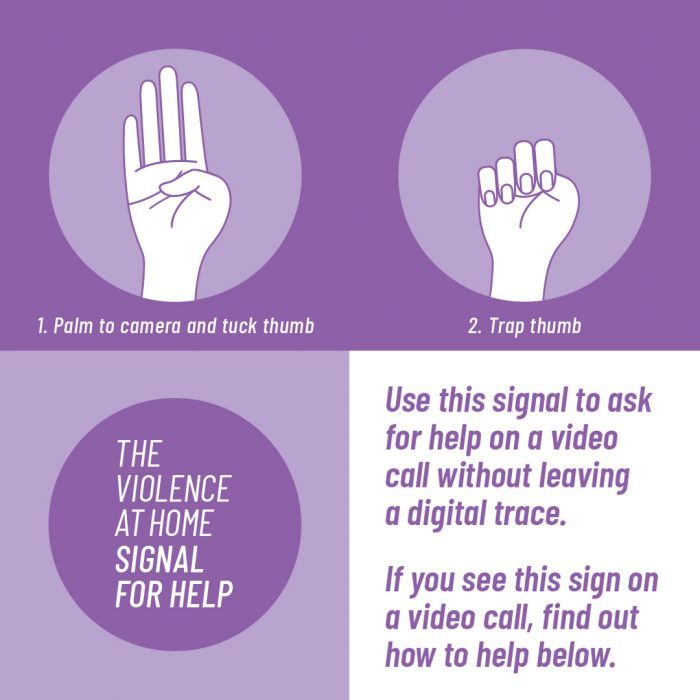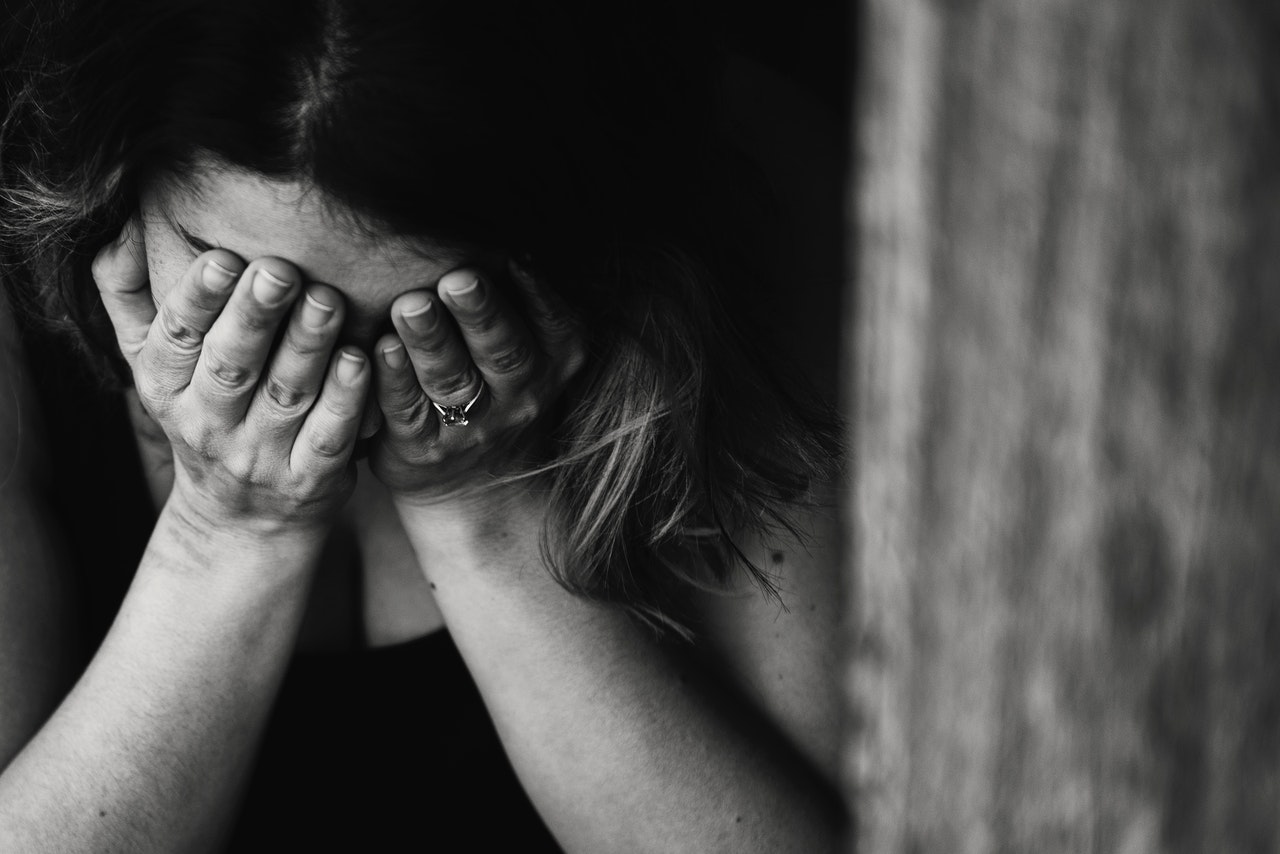Types & Signs of Domestic Abuse
Abuse can be hard to identify because it comes in many forms: verbal, emotional, financial, or physical. Thereare so many different types of abuse. The majority of the categories don’t come with bruises, it can be difficult to recognize abuse in your relationship, but there are signs. For example, if your partner yells at you or makes you feel inadequate, crazy, or stupid, then that is a sign of emotional and verbal abuse. If your partner is jealous, accusatory and is always checking up on you to make sure you are where you said you’d be, that is a sign of abuse. Generally, if you consistently feel fear and shame in your relationship, it’s a sign of abuse. If you feel afraid around your partner or constantly worried that you’re going to make him/her mad or set him/her off, then that’s a sign of abuse being present in your relationship. It is important to recognize domestic abuse during covid-19, especially.
Domestic Abuse Defined
The actual meaning of abuse is when someone exerts control over another person. Abuse is about power. If someone consistently exerts power over another person — that’s abuse. It doesn’t matter if that power is exerted verbally, financially, or through manipulation or physical violence. It is important to remind yourself that it is not your fault. Moreover, you should not be mistreated, and should know that you have other options. Recognizing domestic abuse is important. Domestic abuse during covid-19 is important to understand.
You don’t have to tolerate or live with abuse of any kind. You must feel safe in your own home. If you are in this situation, it is important for you to seek help.
A New Way To Seek Help
The Canadian Women’s Foundation has created a simple one-handed signal that you can use on a video call to silently show that you need help, and want someone to check in with you in a safe way.

This video showcases how people should respond if they see the signal being used.
Local Domestic Abuse Helplines & Resources
If you are able to find a private space, it is better to call the Assaulted Women’s Helpline at 416-863-0511 for direct help. You can also call Project Lisa if you need free legal & community support: 416-633-5100.
Share this article on:
